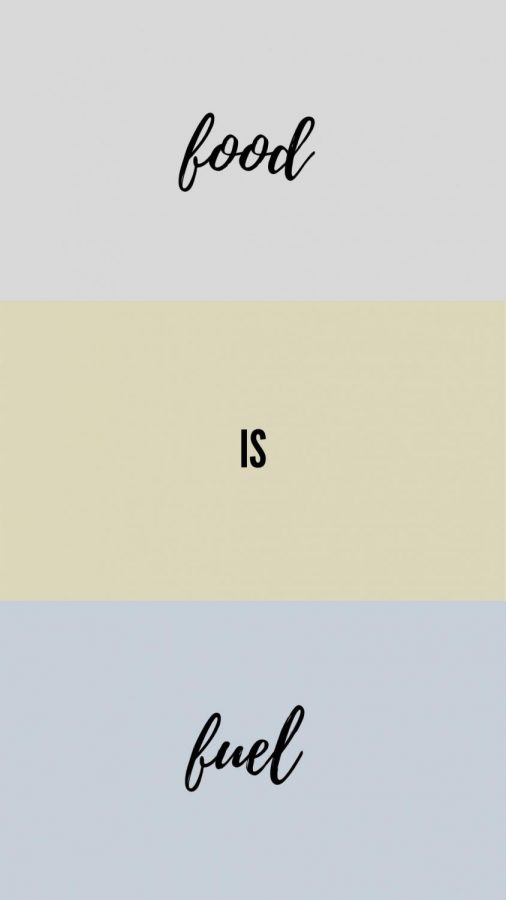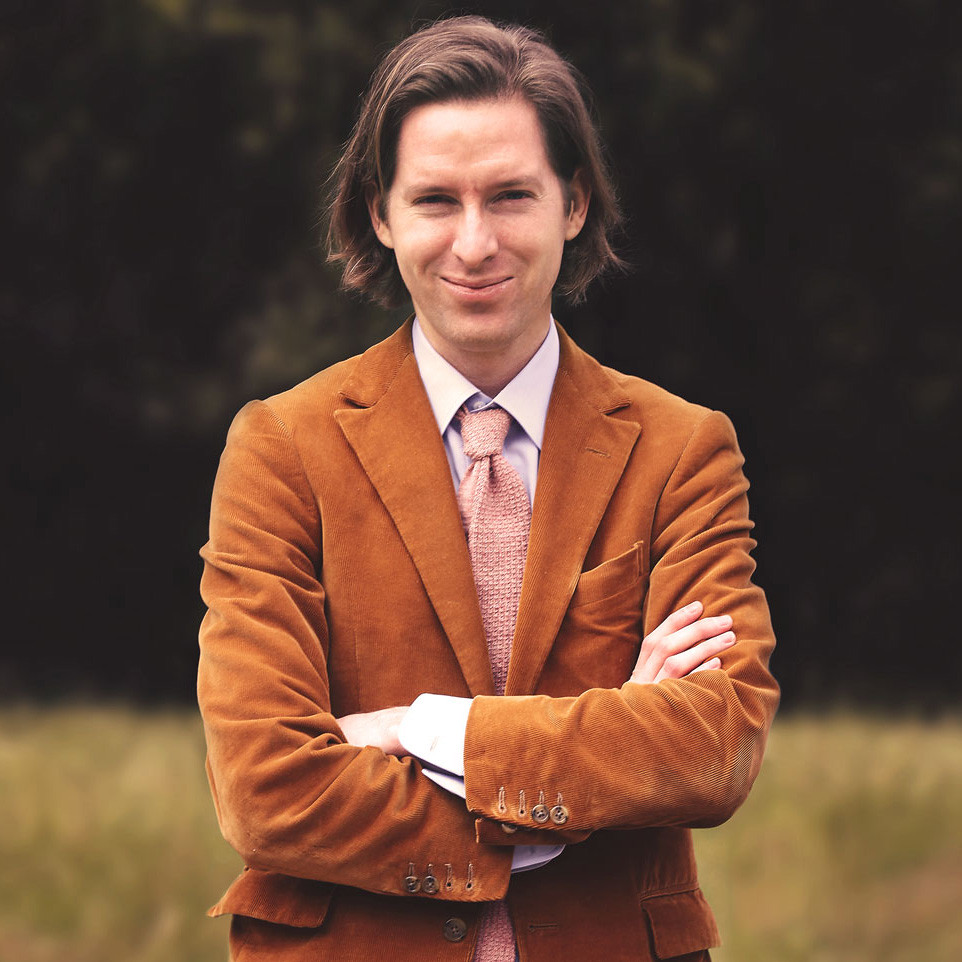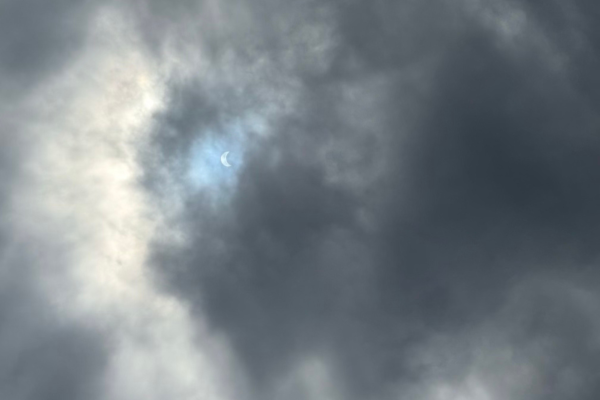Beauty is Pain
Part I of the beauty is pain series
One shouldn’t restrict the foods they want to eat from their diet. Eat what you want, but keep it in moderation.
February 25, 2020
When I hear the phrase, “beauty is pain,” I remember the time I have spent with my grandmother. She used the phrase whenever I would complain about my feet hurting because of the dress shoes I had to wear, whenever I would complain that my church dress was too itchy and whenever she would pluck my eyebrows. With each painful moment, the phrase, “beauty is pain,” was uttered under her breath. But what is that supposed to mean? Are we supposed to put ourselves and our bodies through painful and harmful experiences to achieve a certain standard of beauty?
One of the most common efforts that people make to achieve our societies commonly unrealistic standard of beauty are unhealthy diets. Community and Clinical Dietitian of the Avera Heart Hospital, Lauren Cornay, emphasizes the importance of nutrition in one’s life.
“As a dietitian who works with weight loss clients every day, I cannot stress enough the importance of establishing a healthy relationship with food,” said Cornay.
According to Cornay, many food insecurities develop in one’s youth. Diets might have started as an innocent attempt to lose some weight, but they can be harmful both physically and mentally.
“Food for our bodies is often compared to fuel for a car,” said Cornay. “The higher the quality of food or fuel, the better our bodies or car run. The more we exercise, or rev our engine, the more fuel we will need.”
Cornay stresses the importance of taking in enough food for our bodies. If we take in too little, our bodies will adapt and run on less fuel. This means that weight management will become even more challenging as one ages.
However, more extreme approaches can be taken in order to lose weight. For some of us, it might be the sudden urge to lose a few pounds to look good on the beach or to fit into the formal dress that we are dying to wear. These approaches often involve cutting out substantial amounts of calories, not compensating for extra activity and even taking concerning amounts of supplements.
“More extreme approaches to weight loss also have a higher risk,” said Cornay. “Cutting out entire food groups can mean our bodies will not get all the nutrients they need for proper growth and development.”
According to Cornay, iron and vitamin B12 are found mostly in plant and animal proteins. When we eliminate these proteins, we are eliminating these important substances from our diets. When we cut out grains, we are cutting out our primary source of soluble fiber and many of the other B vitamins.
In terms of physical harm, diets that are extremely low in calories can lead to muscle loss. According to Cornay, even heart muscle can be lost if restricting substantial amounts of calories goes on long enough.
In addition to restricting calories, Cornay also said that vomiting and the use of laxatives can cause lasting changes and damage to the gastrointestinal tract. Vomiting may feel like an easy, or the only option, but the damaging effects on one’s mental health, body and internal organs far outweigh any short term or perceived benefits.
Through social media and other communication networks, we are always hearing about all of the new diets that will give you your desired results in no time, but do they do more harm than good?
“Instead of the trendy diet fad that might help you lose a little weight, and also hurt your relationship with food, try building habits that will help maintain your weight and health throughout your life,” said Cornay.
A few easy to follow examples provided by Cornay are: choosing to drink water, always including a vegetable at lunch and dinner, incorporating whole grains such as brown rice or whole-wheat bread and listening to your body’s hunger and fullness cues.
So, maybe now I can respond by saying, “beauty is not pain.” Yes, it is difficult to listen to what one’s body is telling them, but taking care of one’s physical and mental health is more important than losing weight. Beauty should not be a pain-filled experience. Beauty is not pain.







